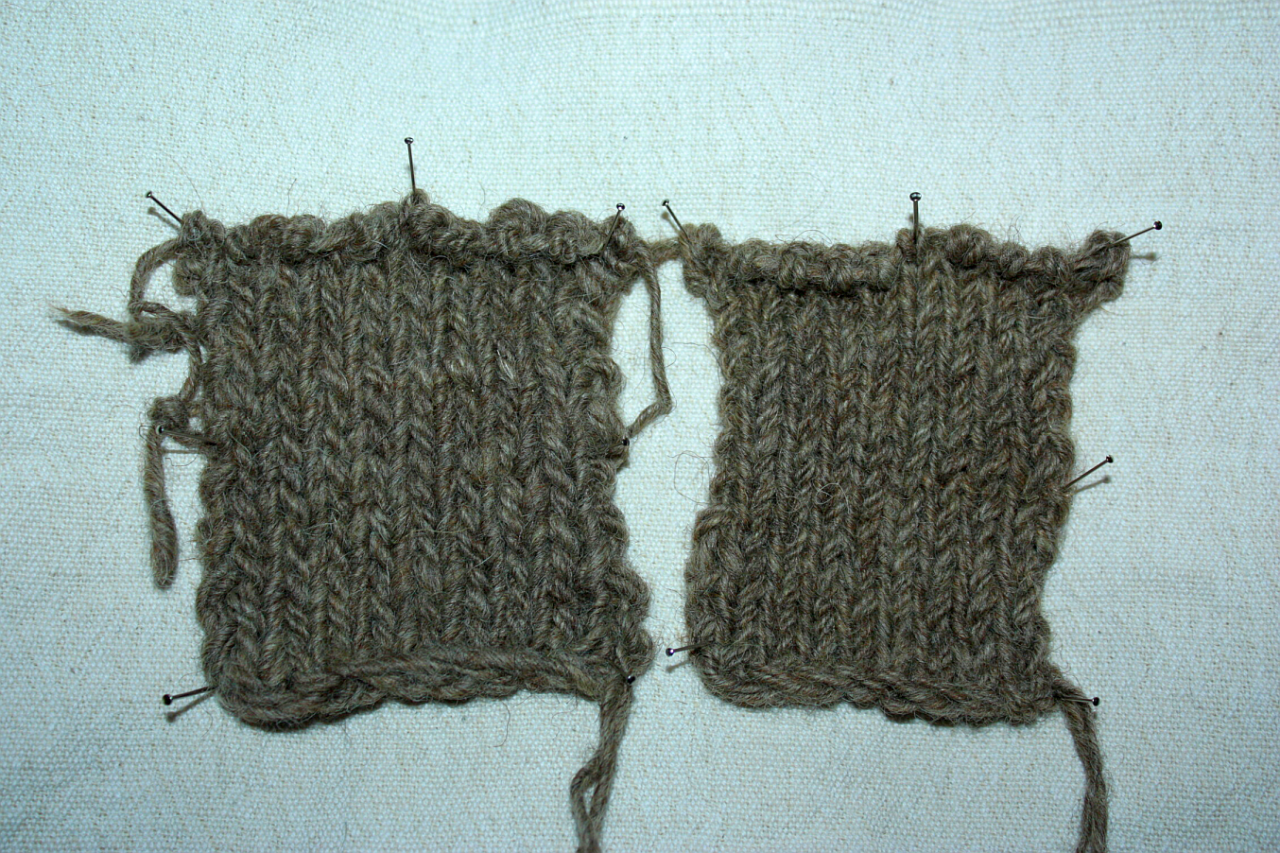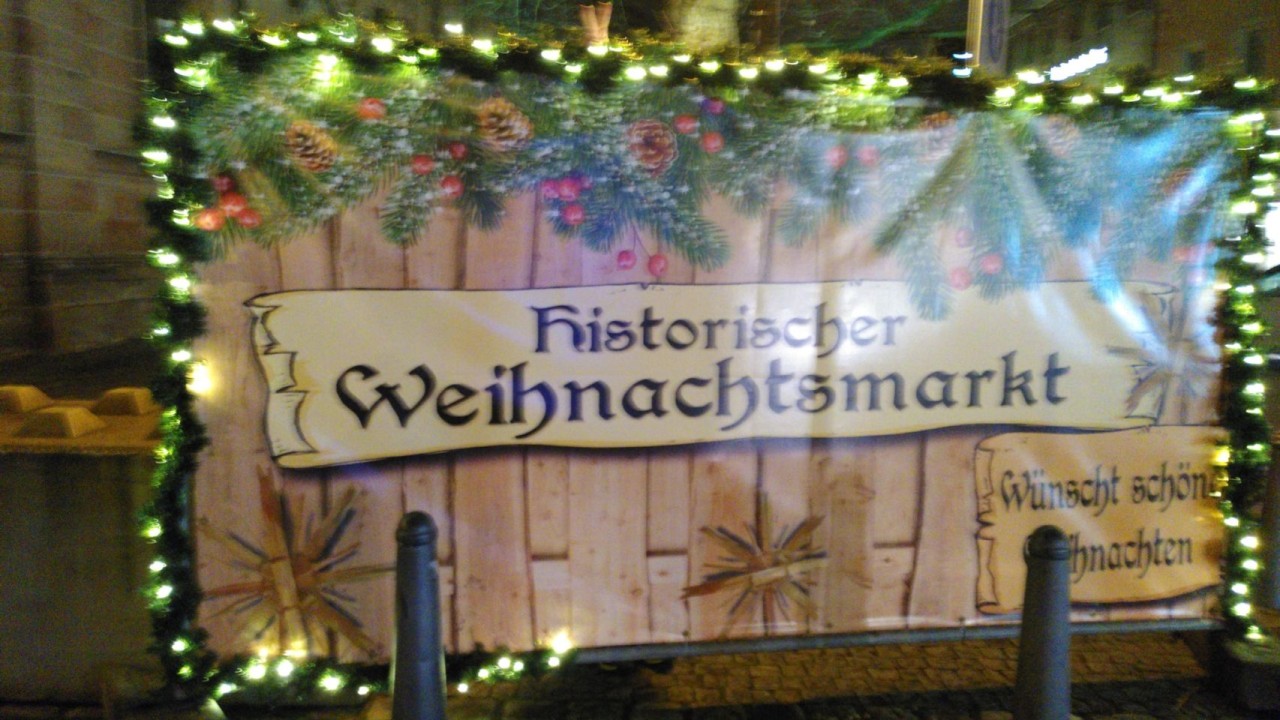This morning I found a link to an article in my news digest - about how free-ranging cats are a danger to species diversity, and may be to blame for species going extinct.
Well. WHAT?
I'm aware that there's been a discussion about cats hunting, killing, and (not always) eating all kinds of prey animals, and that this should be curtailed to give the birds and whatever other species more of a chance to survive. Yes, cats are fierce predators with a very strong hunting instinct, and yes, I can see that this may pose a problem. I'm also not thrilled about cats killing birds.
However, I'm also not convinced that keeping cats indoors all the time is the perfect solution. It's definitely safer for the cat in regards to traffic dangers (rarely do cars go inside of living spaces, after all) - but having seen how our old lady lived a second spring when she discovered the Great Outdoors, keeping cats penned up inside, even if it's a rather large place, is also not the best thing that can happen to them. (There is a lot of pros and cons for indoor vs. outdoor cats, but all the cats that I have had in my own life were outdoor cats, and were very fond of their freedom. And I am talking about Germany here, which had the wild cat before the house cat came, so it's not really an invasive species here. Things are different for areas where cats are not more-or-less native predators. Also - feral cats are a problem everywhere, and they should be caught and at least neutered so they cannot breed without restriction. There's enough cats around already.)
To get back to the main topic though - in my firm opinion, free-ranging cats may today pose a problem for animal species that are in their prey spectrum, and are already struggling. The reason for that, however, is not the fact that humans keep cats as pets and companions, or else we'd have lost a lot more species since the Middle Ages or even earlier. Species diversity is endangered because humans have been very good at making bad decisions, at impacting the habitats of a lot of species, and reducing biodiversity overall through the use of monoculture, pesticides, herbicides, and general other Stuff That Is Very Bad For The Environment (TM). And it really ruffles my feathers to have that blamed on cats now. Because it's much easier, obviously, to say that cats are to blame for this or that going extinct than our ruining the planet.
Interestingly, the article itself, from what I've read of it, is not blaming it all on cats as much as the news digest snippet that I got sent does. If you're interested, it is open access in Nature and you can find it here. Linked within is another, equally interesting article about "Invasive predators and global biodiversity loss" where, interestingly, not only cats are listed - but also foxes, rodents, and other imported invasive species. And also interestingly, rodents have played at least as large, if not a larger, role than cats. In any case, the main culprit for importing these species is... the human.






